The discussion on whether to rent or buy a home leaves a lot to consider. It’s common to think that it’s always better to buy than to rent. In theory, of course, it is better to invest in your future and build equity. However, there are a lot of places in Canada where home prices are higher than they have been in years and you may be drawn to the advantages of renting.
Ultimately, it is a personal choice and depends largely on your lifestyle and the things you value most when it comes to housing. We’ve compiled the top advantages of renting and buying below to help you come to your own decision.
Thinking Of Buying A Home?
Let’s start off with the advantages of buying a home first!
Appreciation And Capital Gains = A Better Financial Future
There are major financial advantages to buying a home versus renting one. One of the biggest advantages is the equity appreciation you will receive over a long period of time. In a strong housing market, this is a great way for you to increase your net worth.
If you were to sell your home, any additional home equity from appreciation will go into your pockets when you realize the capital gains. Yes, you’ll have to pay tax on that money, but if you’ve owned your home long enough it’s worthwhile if you sell your property for tens or even hundreds of thousands or more than the price paid.
Depending on how long you’ve lived in your home, you could have already paid off most of the mortgage balance by the time you sell and can afford to upgrade to a new home. Or maybe, you want to look for a vacation property or put money down on a home you plan on renting out.
Build Equity Instead Of Making Your Landlord Rich
The other obvious advantage of owning a home over renting is that part of your monthly house payment pays off some of the principal each month. You’re building equity in something that’s yours, not something that belongs to your landlord.
Renting may be cheaper than a mortgage payment and other added costs of homeownership, but in the long run, you won’t have anything to show for it like you would when buying.
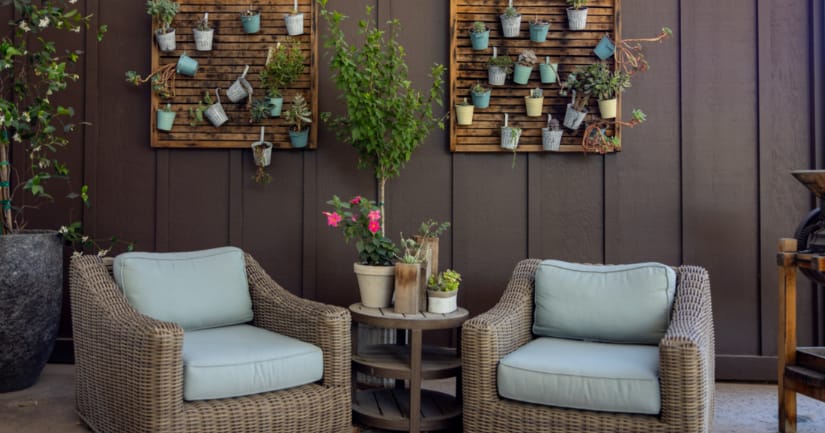
More Freedom And Privacy
Finally, a lot of people just want to have a place to truly call their own. If you are the type of person who likes to be creative with the look of your home, owning is probably better for you.
You have the freedom to do what you want when you want. You don’t have to be as mindful with your music or tv volume because there’s no one sharing a wall with you. There are no more parking wars, lugging all your groceries through the lobby of a condo, or leaving your car out in the elements.
Buying a home also lets you choose the amount of privacy you want to have. Detached or laned homes are a great option because nothing is shared. The driveway is yours, you’ll have a private garage, and your own fenced backyard. You can even put up a privacy wall on your deck so you can enjoy the nice weather in peace.
Have Someone Else Pay For Your Mortgage
Yes, you read that right. When you choose to buy a home, especially a new build, you can add a legal suite in the basement and even build a garage suite. When you do this, you still get all the benefits of homeownership at a more affordable price.
By sacrificing a bit of space, the rental income you’ll gain will cover a significant portion of your monthly mortgage payments, And because everything is brand-new, maintenance will be minimal. Take your time to find a great, long-term renter and you’ll be set. If you can afford your mortgage payments without this extra income, consider making extra payments anyways to pay off your mortgage even faster.
Now, buying a home doesn’t come without some disadvantages, so let’s review them:
- Responsibility: it’s all up to you as the owner. There’s no one else to call if something breaks, and you’re on the hook for the costs as well.
- Cashflow: while owning your home is an asset, it’s not liquid. So you don’t have easy access to that money if an emergency happens.
- Taxes: owning the home means paying the property taxes on it.
- Monthly budget: generally, a mortgage payment is more than rent, which will affect your overall budget.
- Flexibility: if you’ve got a travel bug, it’s a lot harder to sell a home than to give notice to your landlord that you’re moving out.
What About Renting A Home?
Now it’s time to take a look at the advantages of renting a home.
More Flexibility
Renting is a great way to get out on your own without making permanent decisions about your future. If you are young and don’t have a family, you have more luxury to move around as you wish. This is a great time in your life to discover yourself and different areas of the country.
Leases are usually 12 months so you can plan your life a year at a time and sometimes you can even sublet it (if allowed) while you’re away.
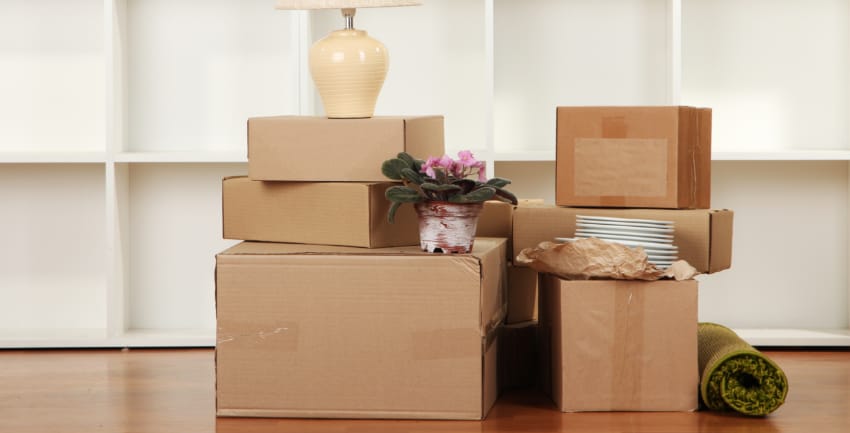
Cheaper And Easier To Move
It costs much more to sell a home and relocate than it does to move out of the one you’re renting. If you choose to sell your home with the help of a real estate agent, you will need to factor in closing costs and movers.
Then, if you don’t time it just right with the closing date for your new home, you may end up needing to find a short-term rental until it’s ready. On the other hand, moving out of a rental property is cheap and can be done quickly. You can rent a moving truck and handle most of it yourself, settling into a new place the same weekend.
Fewer Responsibilities
Renting also comes with far less responsibility, particularly when it comes to the maintenance of the place you’re living in. If anything unexpected happens and needs to be repaired, you just let your landlord know and they’ll take care of it for you.
Make sure to read the fine print in your lease agreement to understand what you are responsible for, but you should find in most cases you’re not responsible for any normal wear and tear that comes with daily living. That will be the job of the property manager and/or the landlord to fix things up or renovate once you’ve moved out.
Lower Cost Of Living
Generally speaking, unless you currently rent a full home or plan on doing so, rent costs will be less than carrying a mortgage.
A $450,000 home would have monthly mortgage payments of around $2,200-2,400. This number doesn’t include utilities, which a lot of rental properties will have factored into the price.
A two-bedroom condo could run around $1,200-1,500 depending on how new it is. If it includes heat and electricity, you’re saving almost a thousand dollars a month.
If you like the lifestyle that comes with renting, you can use the money you’d save each month towards other things like hobbies, trips, or upgrading a vehicle.
You Can Rent While Investing In Your Future
The money you’d save renting can also go towards building the financial future you want to have instead of being “house poor” and putting most of your available funds toward building equity.
Using the example from above, if you save $1,000 each month renting and even half of that was not needed elsewhere in your budget, you could put that money into a TFSA, GIC, and/or RRSP. An estimated $6,000 a year in savings will add up over the years and set you up nicely for retirement and anything else you want to do along the way.
Okay, so we do need to look at the disadvantages as well:
- Rent increases: while your landlord can’t just increase the rent whenever they feel like it, they can increase it as they see fit as long as it’s done within the proper guidelines, which is usually once per year.
- Building equity: there will be no equity for you. Your landlord will reap the benefits of those payments.
- Tax write-offs: currently, there are no tax benefits for renters.
- Design elements: unless you’ve got an awesome landlord, you’re limited in what you can do with your interior design. And even then, most times you’ll need to make sure you have approval before decorating.
- Animals: the majority of landlords don’t want the extra hassle and maintenance that comes with pets. So if you’re an animal lover, you could find your options to be quite limited.
- Stability: you’re at the mercy of your landlord. If they decide to evict you or sell the property, there’s not a lot you can do about it.
There is no right or wrong answer when it comes to choosing between renting or buying a home. You need to look at your current situation and decide what will be best for your lifestyle in the years ahead. After some careful thought and consideration of the advantages and disadvantages of both options, you’ll have a better idea of where you stand.
Originally published Aug 10, 2017; updated Mar 3, 2023

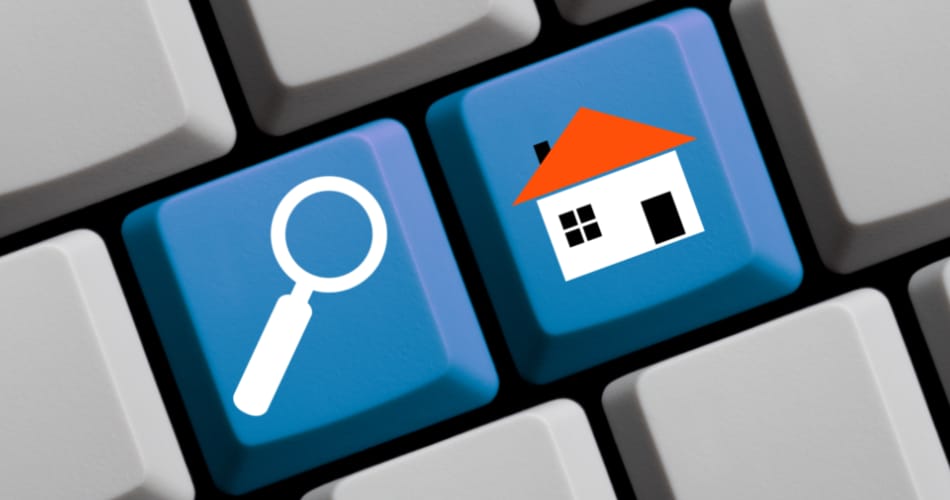

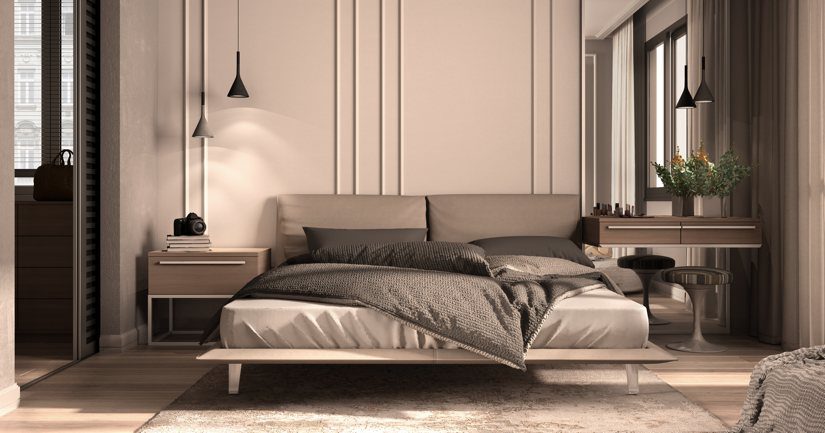
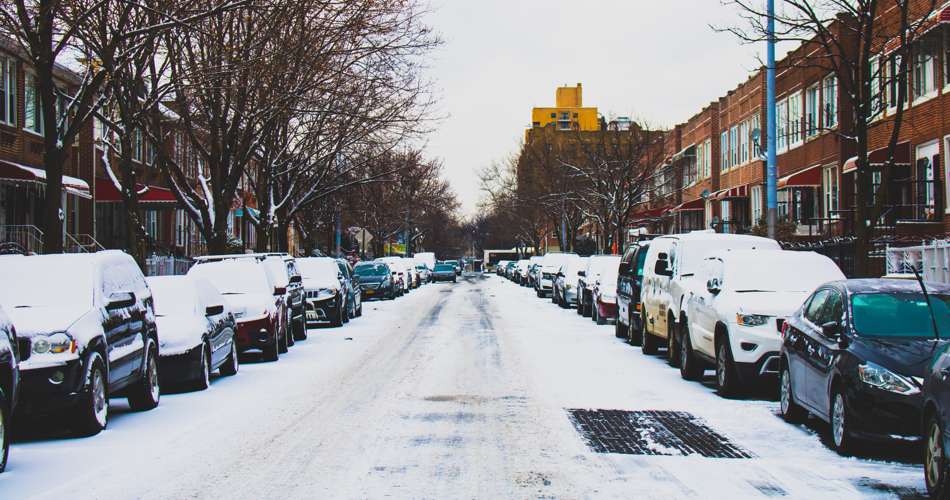
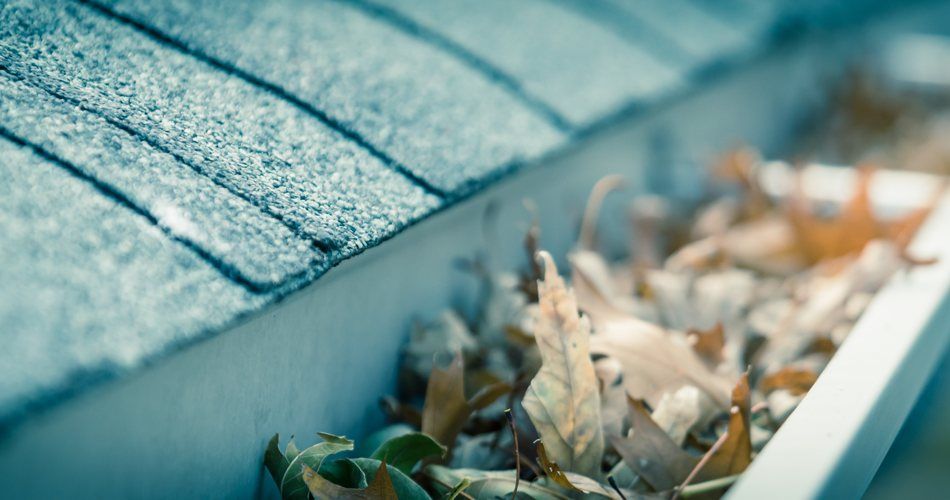


0 Comments